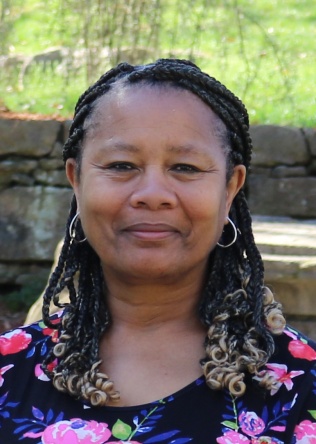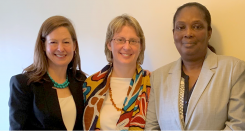UNZA-Vanderbilt Partnership for HIV-NCD Research (UVP-2)
The UNZA-Vanderbilt Training Partnership for HIV-Nutrition-Metabolic Research (UVP-1) and the UNZA-Vanderbilt Partnership for HIV-NCD Research (UVP-2) continue a longstanding training collaboration between the University of Zambia School of Medicine/University Teaching Hospital (UNZA/UTH), Vanderbilt University (VU) and the Vanderbilt Institute for Global Health (VIGH).



